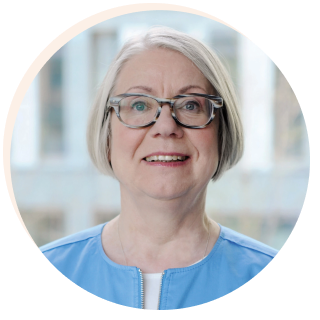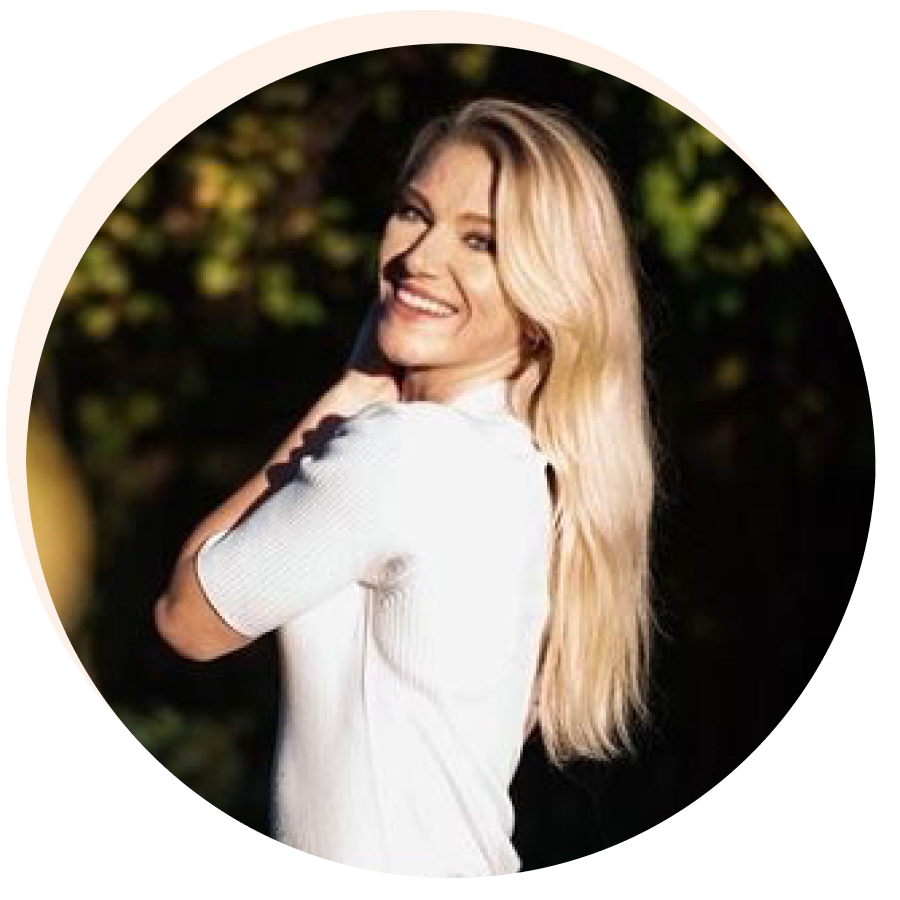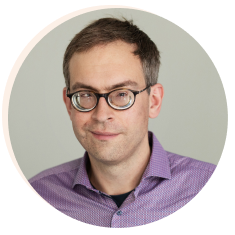
Barbara Kavemann
Member of the Independent Federal Inquiry into Child Sexual Abuse
We want to learn from how people come to terms with their experiences
"Every story counts" is the motto of the Independent Federal Inquiry into Child Sexual Abuse. We talked to Federal Inquiry member Barbara Kavemann about what she would like to achieve for survivors.
About Barbara Kavemann
Barbara Kavemann has been doing research on sexual violence against children and adolescents and prevention concepts against abuse since the 1980s. She has always been particularly interested in the perspective of the survivors and what can give them support in their lives.
Ms Kavemann, what exactly are the Commission's tasks and what does it want to achieve?
It is our mission to take a look back and to help people come to terms with their experiences. To do this, we look into all forms of sexual child abuse in the Federal Republic of Germany and in East Germany from 1949 onwards. We are looking to uncover the things that went wrong in society. The wrong that was done, the suffering that was caused and what the consequences of this suffering can have for a person's entire life. This is why we look at certain areas of society, such as education in children's homes, churches and schools. We urge these institutions to process and work through their past. We also look into sexualised violence committed by family members. We make visible what happened for the sake of the survivors. It is our goal to make their voices even more heard.
What possibilities do you offer the survivors to tell their story?
The victims themselves, as well as personal witnesses such as family members, teachers or therapists, can get in touch with us to arrange a confidential hearing or send us a written report. It is up to the individuals concerned which path they choose.
How can people arrange a hearing with you?
The first point of contact will be via our office. Our professional staff there will explain how the hearing works, the extent to which you are protected and where it will take place. Seven volunteers work for the Commission. We are not able to cope with demand for consultations, which is why we have 20 hearing officers across Germany. And this means that the survivors do not have far to go. The consulting lawyers have all signed a confidentiality agreement. We conduct the consultations together with them.
We want to learn from these stories. That is the central element of coming to terms with what happened: Looking back should form the basis of learning for the sake of today and for the future.
What motivates survivors to share their stories?
There is a strong desire to talk about their experiences with an official body. It's another level compared with talking about it in private. And it is a way of making what happened public. Some people want to share their experiences here because they can't do it elsewhere. Because it could lead to unwanted consequences for them within the family or at work if it becomes known that they experienced such violence as a child. For many, talking to us in this highly confidential and protected environment is not something they can find elsewhere. The Commission is an appointed body that is representative for society as a whole. A survivor once said to me: "I feel I am once again part of this society now". This way of being heard makes a difference and changes something.
How exactly does the hearing work?
We first send information to the survivors so they know what to expect. There are always two people conducting the hearing: usually a member of the commission and a hearing officer. Sometimes two commission officers are present. If the individual who attends the hearing wishes to have a counselling session immediately before or after the hearing, we refer them to a professional counselling centre, who are ready for them. The individual is also welcome to bring someone they trust along with them. Sometimes this can be a dog. We also tell them in advance what we ask them. For example, we are interested in what they experienced, what their childhood was like and what helped them or would have helped them. We want to learn from how people come to terms with their experiences and from their stories. Looking back should form the basis of learning for the sake of today and for the future. And we also ask them what happened next, what they need today and what their requirements are. But it is the survivors themselves who decide what they want to tell us.
What impact can a hearing have for the survivors?
For most people, the hearing has a liberating effect and they experience relief. The survivors can also be sure that we are able to listen to their suffering. This is not something many people can be sure of in their everyday lives. They do not share their story with everyone because they know it can be a burden. Here with us they know that we can cope with it and deal with it. By the way, the hearings are not always sombre and depressing. Sometimes we can laugh together. This is not necessarily in conflict with their suffering and its acknowledgement.
What do you do with the results of the hearings and the reports?
We publish some of them anonymously on our website with the consent of the survivors. We want to show how diverse these experiences can be, as well as show their similarities. It can be very helpful to read about the stories of other survivors. It is also important information for professionals in this area. What's more, the stories are also used in research, and we publish the results online, which everyone has free access to.
Do you get feedback from the hearings?
We usually talk about that during the hearing, and we ask: "How was this interview for you?". Sometimes people tell us: "I found it comforting" or "It gave me relief to talk about it". The feedback can also be critical. This is because a hearing is just that – a hearing. We can't change the lives of the survivors, we can't accelerate the proceedings under victim compensation law or help them extend their therapy. What we can do is listen, take people seriously and acknowledge that what happened to them was wrong and unjust.
What has the Commission achieved so far?
Among other things, we held public hearings on topics such as sexual abuse in families, in the GDR, in the church or in sports. This allowed us to raise awareness in society about sexual abuse, provide information and encourage institutions, public authorities and clubs to take their responsibility more seriously. We have published recommendations for how institutions should deal with this issue. We regularly publish the results of our work, and we have initiated research angestoßen and carried out research ourselves. The hearings allowed us to gain knowledge that we can use to support prevention work. This dynamic spurs us on, despite all the setbacks and effort.
What encourages you when it comes to your work?
A lot of things! The confidential hearings are particularly important to me. The survivors show a lot of courage and real strength. They increasingly organise themselves. I really admire that!
Give us a call – even if you're unsure
Talk to the advisors of the Sexual Abuse Help Line. Your call is anonymous and free of charge.
Telephone hours:
Mon, Wed, Fri: 9 a.m. to 2 p.m.
Tues, Thurs: 3 p.m. to 8 p.m.
This offer is not available in English
If you need advice, please contact the Sexual Abuse Helpline (0800 22 55 530). Telephone advice is also available in English.



![[Translate to Englisch:] Porträtfoto Lisa Fahrig](/fileadmin/user_upload/Geschichten/Slider/Geschichten-slider__Lisa_Fahrig-1.png)

![[Translate to Englisch:] Porträtfoto Tanja von Bodelschwingh](/fileadmin/user_upload/Geschichten/Slider/Geschichten-slider_Tanja_v_Bodelschwingh.png)
![[Translate to Englisch:] Porträtfoto Barbara Kavemann](/fileadmin/user_upload/Geschichten/Slider/Geschichten-slider_Barbara-Kavemann.png)
![[Translate to Englisch:] Porträtfoto Max Ciolek](/fileadmin/user_upload/Geschichten/Slider/Geschichten-slider_Max_Ciolek.png)
![[Translate to Englisch:] Porträtfoto Petra Ladenburger](/fileadmin/user_upload/Geschichten/Slider/Geschichten-slider_Ladenburger.png)
![[Translate to Englisch:] Porträtfoto Pia Witthöft](/fileadmin/user_upload/Geschichten/Slider/Geschichten-slider_Pia-Witthoeft2.png)